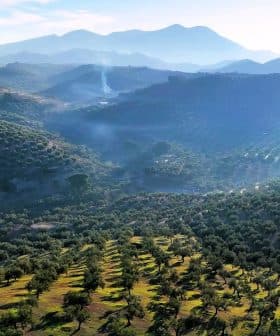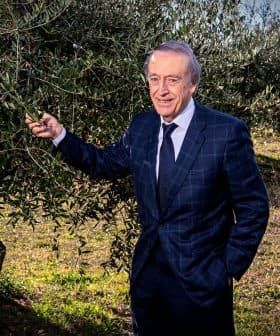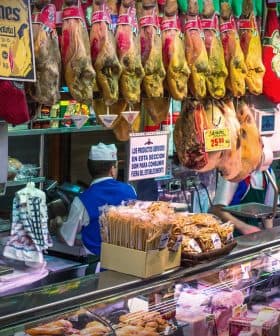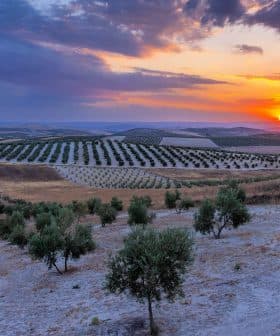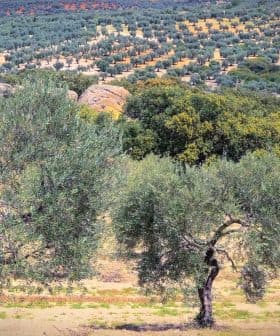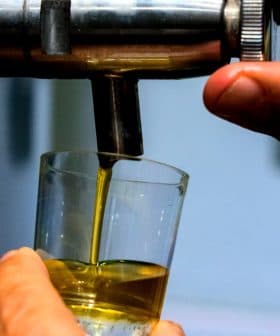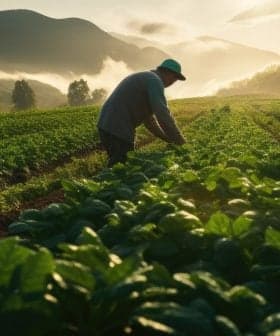Small Farms in Spain Exempted from Ban on Burning Agricultural Waste
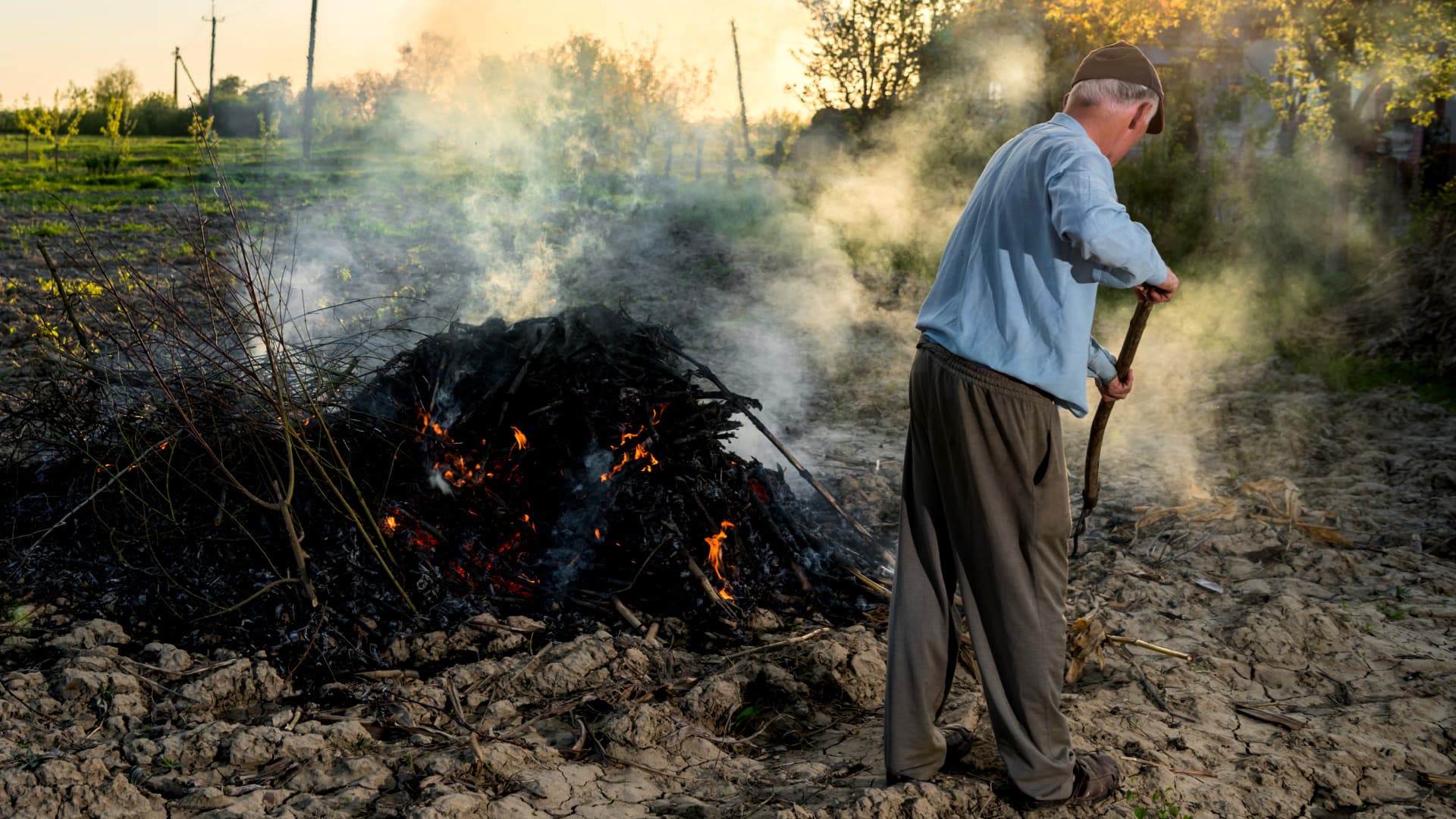
The ban on burning agricultural remains in Spain and the EU does not apply to small farms, which must still obtain authorization from local authorities to burn. Exemptions to the burning ban also include certain forestry management operations and phytosanitary treatments, but these exemptions are subject to interpretation and are not legally binding for courts or judges.
The ban on burning agricultural remains found in Spanish national regulations and the European Union’s Common Agricultural Policy (CAP) will not apply to small farms in Spain.
In a note, Madrid’s Ministry for the Ecological Transition and the Demographic Challenge (MITECO) has clarified that the exemption applies to micro and small farms, which will still need to be authorized to burn by the local authorities.
Micro-farms are those with an annual turnover below €2 million and employ no more than ten workers. On the other hand, small farms do not have more than 50 employees, and the turnover does not exceed €10 million.
The burning ban might also be lifted for those using the practice as a last-resort phytosanitary treatment.
Other exemptions to the burning ban include forestry management operations that must remove dead vegetation. In these cases, authorized limited burning can occur when the amount of vegetation could be considered wildfire fuel.
See Also:Researchers Predict More Intense Wildfires in EuropeThat exception allows forestry management services to burn remains from clearing, trimming, overgrowth, shoots cuts, pruning, pickling, skimming, etc.
These clarifications match the information in the announcement of a period of low forest fire danger just issued by the Junta de Extremadura, the government of central Spain.
In that order, the Junta de Extremadura explained that burning ban exemptions for pest treatments could only be authorized for a limited number of crops when those crops were manifestly affected by certain pests.
The local Junta also specified that authorized farms could only burn agricultural remains produced within their boundaries.
The nature and scope of the exemptions to the current regulations have been the core of a heated debate at national and regional levels.
Burning has been a long-standing tradition in many farming operations and is considered crucial by many farmers. The plague of wildfires and the introduction of new agronomical practices have affected these traditions, with agricultural remains often being treated and reused by farmers to enrich and protect the soil.
As reported by CastellonPlaza, local politicians had asked for the burning ban to be removed after its initial introduction in the law against soil contamination enacted last spring.
As reported by Agropopular, the General Directorate of the Ministry, which published the clarifications, also specified that the exemptions can only be considered an interpretation of the law. This means that their interpretation is not binding for courts or judges.



